Social innovation is an activity to create sustainable value and disseminate it widely throughout society while aiming
to solve social issues through innovative methods. In particular, the commercialization of these activities is called Social
Enterprise.
Social entrepreneurship is an effort to solve a variety of issues that span social fields such as community, environment, welfare, employment, education, and culture, using organizational methods of companies and other organizations. Social entrepreneurship is an evolution of voluntary social contribution activities by citizens, such as NPOs and volunteers, into an organizational form called a corporation in order to make them more sustainable.
As government and local government finances become increasingly tight, citizens' expectations of public services have become increasingly complex and diverse. In addition, companies pursuing economic profit are also expected to be socially responsible and to reduce their environmental impact. Against this backdrop, social innovation and social entrepreneurship have been attracting much attention.
Social entrepreneurship is an effort to solve a variety of issues that span social fields such as community, environment, welfare, employment, education, and culture, using organizational methods of companies and other organizations. Social entrepreneurship is an evolution of voluntary social contribution activities by citizens, such as NPOs and volunteers, into an organizational form called a corporation in order to make them more sustainable.
As government and local government finances become increasingly tight, citizens' expectations of public services have become increasingly complex and diverse. In addition, companies pursuing economic profit are also expected to be socially responsible and to reduce their environmental impact. Against this backdrop, social innovation and social entrepreneurship have been attracting much attention.
In this course, students will learn the importance of systems thinking and systems approach through the discovery of social
issues and the creation of business models. The course also teaches the need for innovation to make social enterprises viable,
which is even more difficult to achieve than for-profit enterprises, and the idea generation and engineering thinking that
support this through advanced case studies.
The course is divided into three steps from the discovery of social issues to the creation of business models, and students learn the methods necessary for each step, study advanced case studies, and acquire skills through exercises.
The course is divided into three steps from the discovery of social issues to the creation of business models, and students learn the methods necessary for each step, study advanced case studies, and acquire skills through exercises.
- Understand the roles of the public sector, corporate sector, and third sector and their respective relationships.
- Social issues can be viewed as a system consisting of various stakeholders (interested parties).
- Can use engineering thinking to solve social problems using technology. (you have mastered it.)
| 講義レポート | 講義中の発言 | 小レポート | 中間発表 | 期末発表 | Total. | |
|---|---|---|---|---|---|---|
| 1. | 30% | 0% | 10% | 0% | 0% | 40% |
| 2. | 5% | 20% | 25% | |||
| 3. | 5% | 0% | 0% | 30% | 35% | |
| 4. | 0% | |||||
| 5. | 0% | |||||
| Total. | 30% | 10% | 10% | 20% | 30% | - |
| Class schedule | HW assignments (Including preparation and review of the class.) | Amount of Time Required | |
|---|---|---|---|
| 1. | ソーシャル・イノベーションの概要と位置づけ | 関心の高い社会的課題を調べる。 | 200minutes |
| 2. | ソーシャル・イノベーションが求められる背景と事例 | 関心の高いNPOやボランティアの取組みとその組織を詳しく知る。 | 240minutes |
| 3. | 【ステップ1】社会的課題の発見と分析 | 社会的課題の利害関係者を把握する。 | 200minutes |
| 4. | 演習1:社会的課題の発見・分類、ステークホルダーの特定 | 小レポートの提出。 | 240minutes |
| 5. | 事例1:社会・環境問題に向き合う | 特別講師の活動を調べ予習する。 | 100minutes |
| 6. | 【ステップ2】イノベーションの創出 | 社会的課題に関する先進事例や技術を調べる。 | 150minutes |
| 7. | 演習2:事例研究・ブレーンストーミングによる問題解決 | 小レポートの提出。 | 150minutes |
| 8. | 事例2:イノベーションを創出する場づくり | 特別講師の活動を調べ予習する。 | 100minutes |
| 9. | 中間発表:班ごとにこれまでの議論をまとめ成果を発表 | 発表準備。 | 80minutes |
| 10. | 【ステップ3】事業モデルの構築 | 社会的課題を解決する施策を考える。 | 100minutes |
| 11. | 演習3:システムアプローチによる事業モデルの構築 | BMCやピクト図を使って事業モデルを表現する。 | 150minutes |
| 12. | 事例3:ICTによる地域活性化の実現 | 特別講師の活動を調べ予習する。 | 100minutes |
| 13. | 事業モデルの発表(1):社会課題を解決するための革新的な取組み、事業モデルを班ごとに発表 | 発表準備。 | 300minutes |
| 14. | 事業モデルの発表(2):社会課題を解決するための革新的な取組み、事業モデルを班ごとに発表 | 発表準備。 | 300minutes |
| Total. | - | - | 2410minutes |
毎時間の講義レポートと発言により講義の理解度(40%)を評価し、グループワークの成果物により達成度(60%)を評価する。可能な限り初回から参加すること。
60点とは、ソーシャルイノベーションの視点から、社会性・革新性・事業性の三要素と対応する思考法・手法をある程度は説明できるレベルにあること。
60点とは、ソーシャルイノベーションの視点から、社会性・革新性・事業性の三要素と対応する思考法・手法をある程度は説明できるレベルにあること。
講義はスライドを用いて行うが、より専門的な知識を得たい履修生には以下の参考書を推薦する。
参考書:鈴木良隆(編)『ソーシャル・エンタプライズ論』,有斐閣,2,400円+税
塚本一郎・山岸秀雄(編)『ソーシャル・エンタープライズ』,丸善株式会社,3,200円+税
前野隆司(編)『システム×デザイン思考で世界を変える 慶應SDM「イノベーションのつくり方」』,日経BP社,1,944円(税込み)
今津美樹(著)『図解ビジネスモデル・ジェネレーション ワークショップ』,翔泳社,1,800円+税
参考書:鈴木良隆(編)『ソーシャル・エンタプライズ論』,有斐閣,2,400円+税
塚本一郎・山岸秀雄(編)『ソーシャル・エンタープライズ』,丸善株式会社,3,200円+税
前野隆司(編)『システム×デザイン思考で世界を変える 慶應SDM「イノベーションのつくり方」』,日経BP社,1,944円(税込み)
今津美樹(著)『図解ビジネスモデル・ジェネレーション ワークショップ』,翔泳社,1,800円+税
- Course that cultivates a basic problem-solving skills
- Course that cultivates a basic interpersonal skills
| Work experience | Work experience and relevance to the course content if applicable |
|---|---|
| Applicable | 講義を主に担当する織戸先生は、まちづくり会社を運営しており、ソーシャルな事業への経験と知識を有す。 |
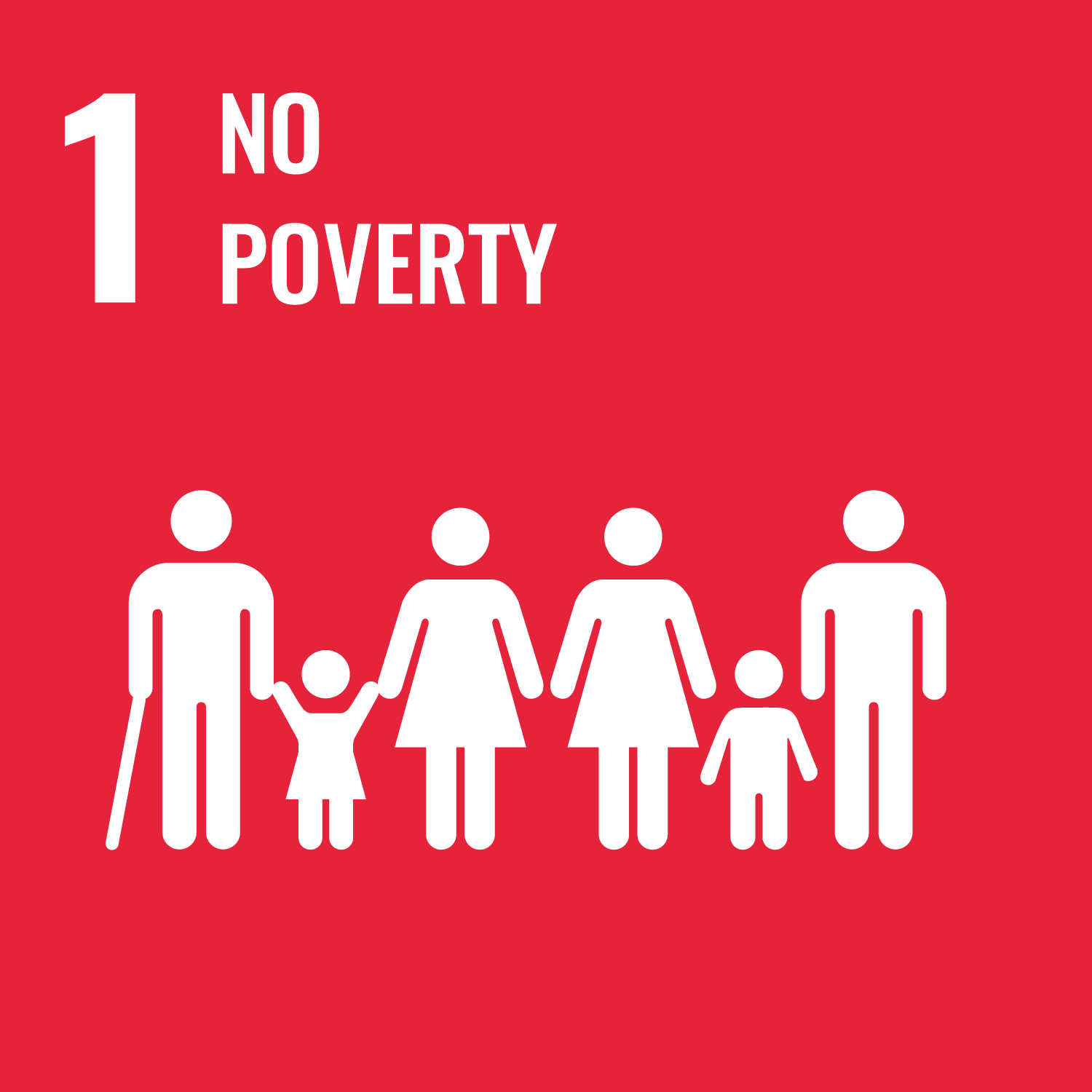



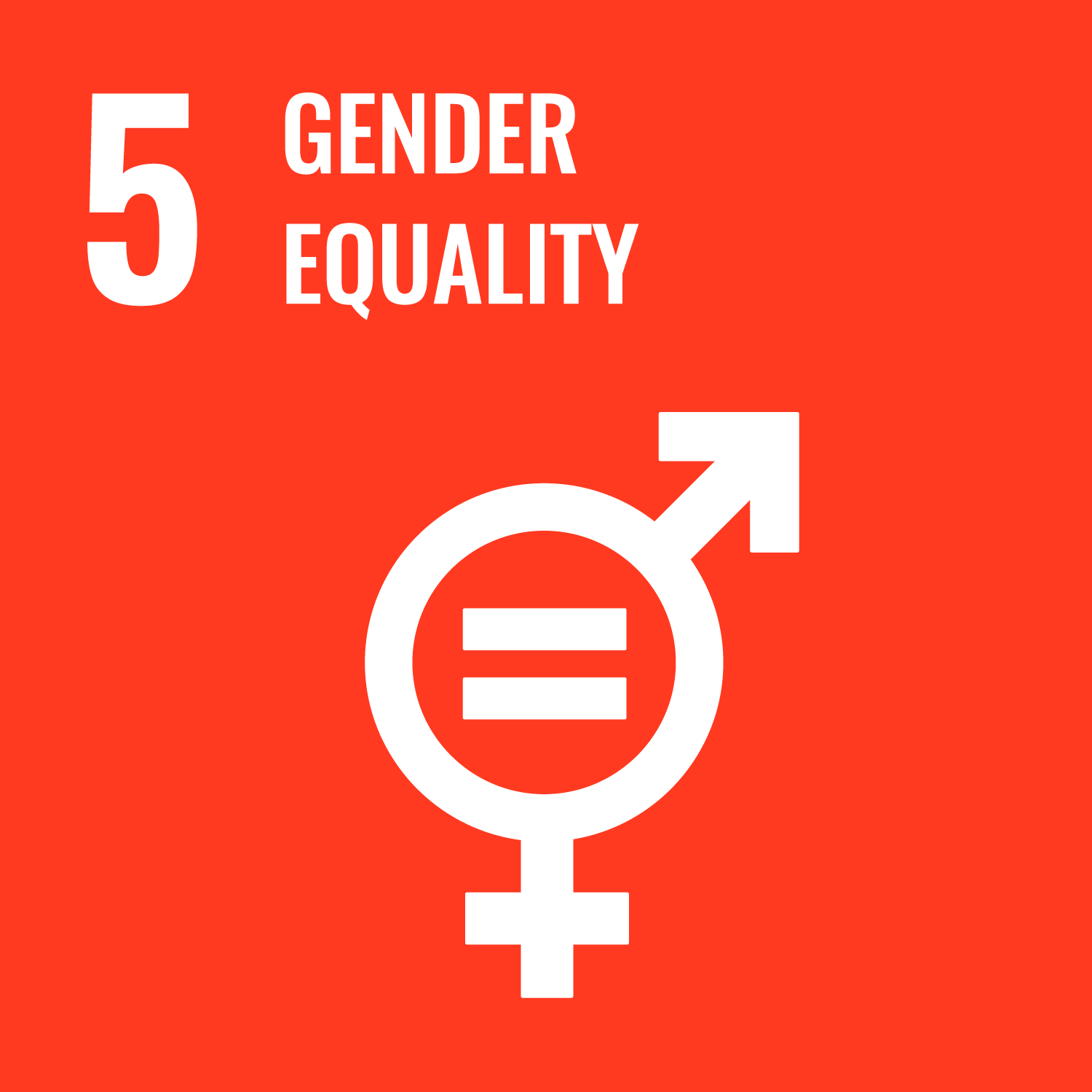
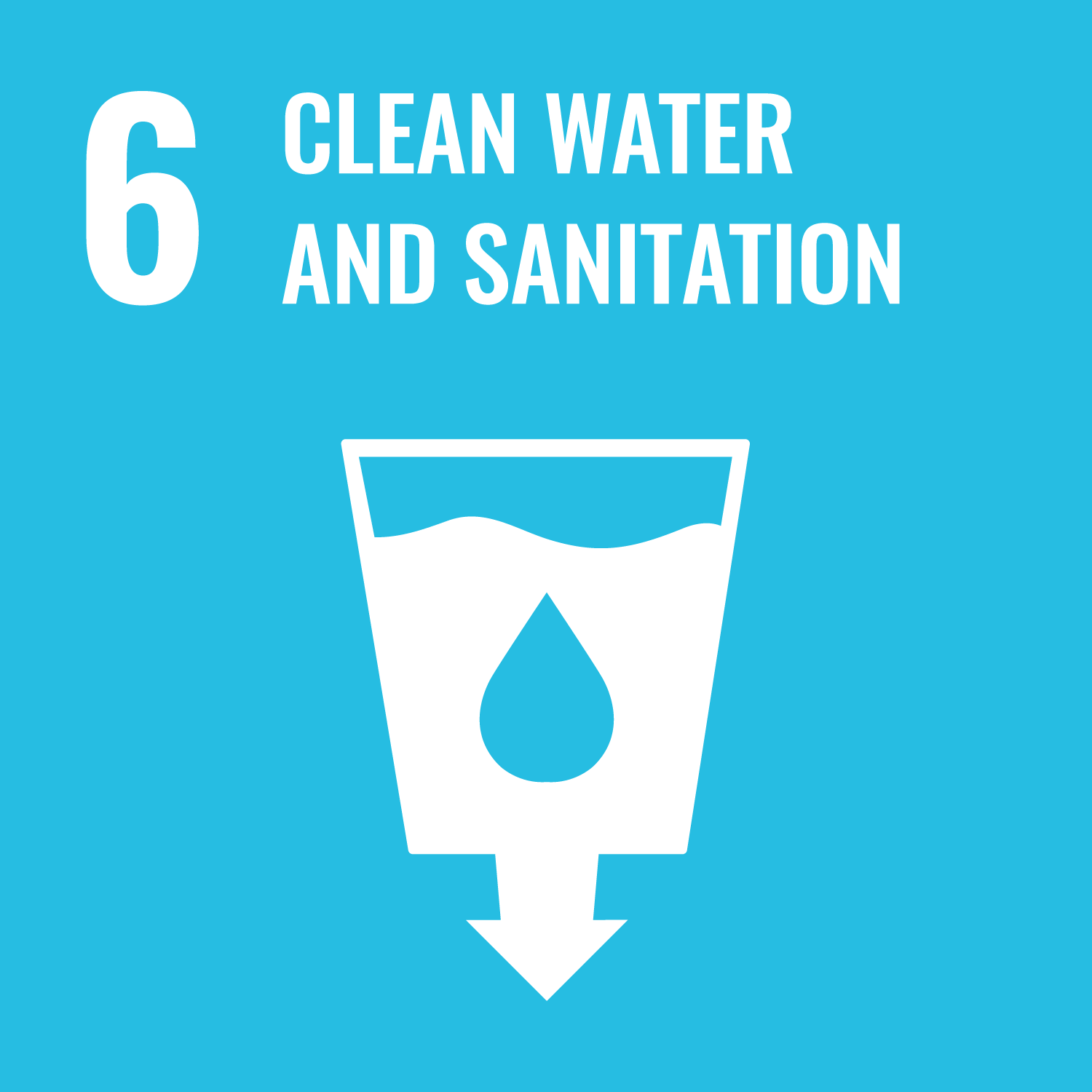







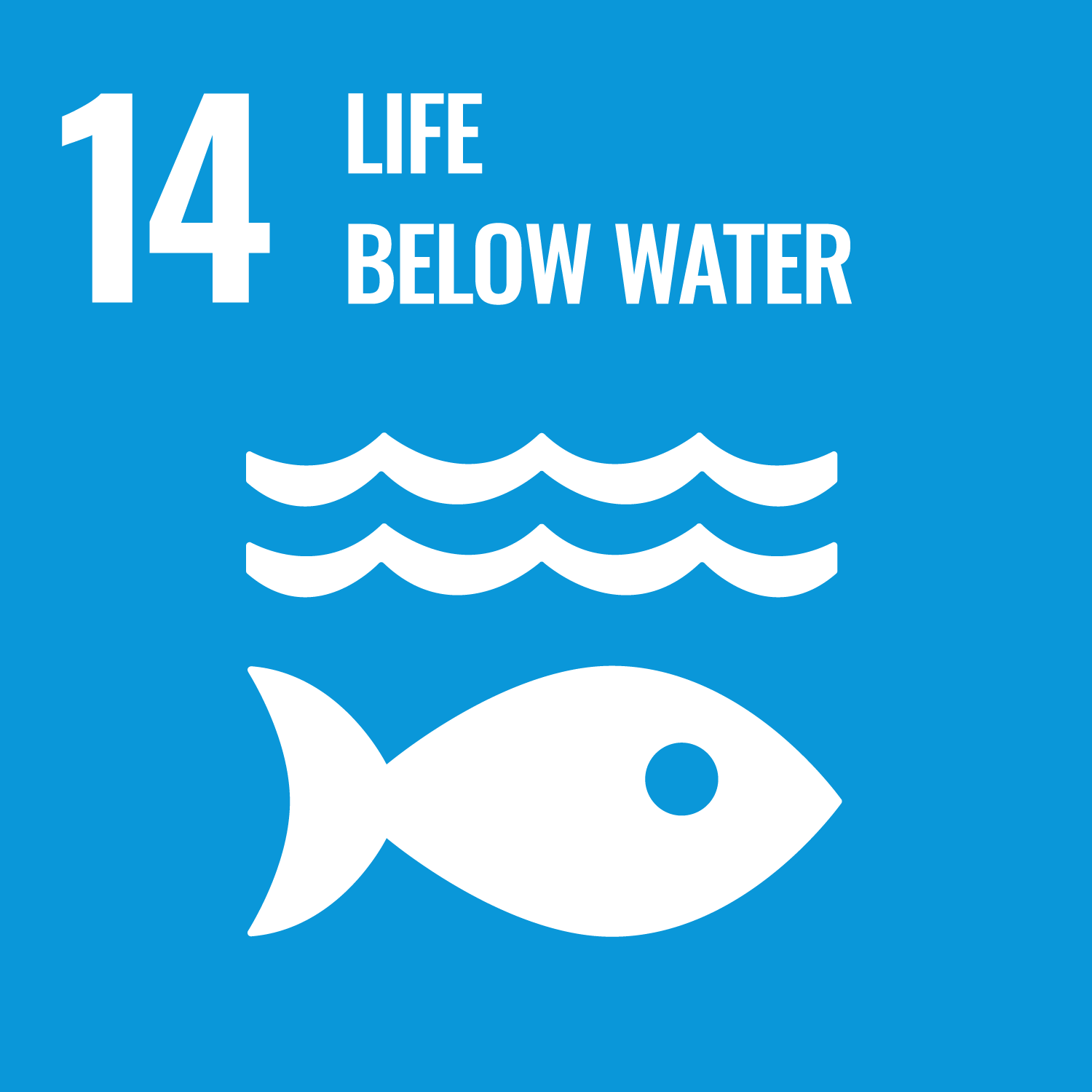
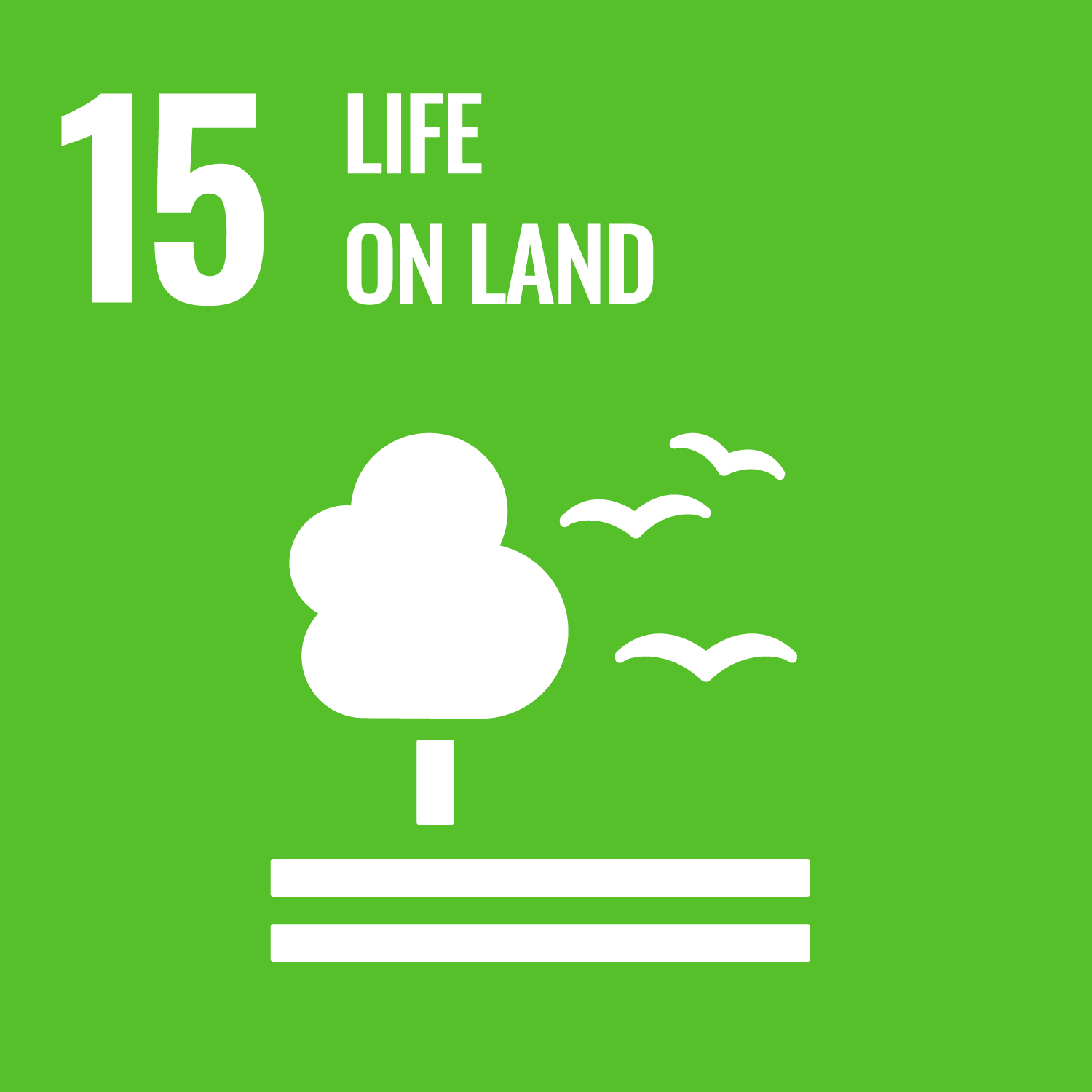


- 1.NO POVERTY
- 2.ZERO HUNGER
- 3.GOOD HEALTH AND WELL-BEING
- 4.QUALITY EDUCATION
- 5.GENDER EQUALITY
- 6.CLEAN WATER AND SANITATION
- 7.AFFORDABLE AND CLEAN ENERGY
- 8.DECENT WORK AND ECONOMIC GROWTH
- 9.INDUSTRY, INNOVATION AND INFRASTRUCTURE
- 10.REDUCED INEQUALITIES
- 11.SUSTAINABLE CITIES AND COMMUNITIES
- 12.RESPONSIBLE CONSUMPTION & PRODUCTION
- 13.CLIMATE ACTION
- 14.LIFE BELOW WATER
- 15.LIFE ON LAND
- 16.PEACE, JUSTICE AND STRONG INSTITUTIONS
- 17.PARTNERSHIPS FOR THE GOALS
Last modified : Wed Mar 05 04:16:05 JST 2025
